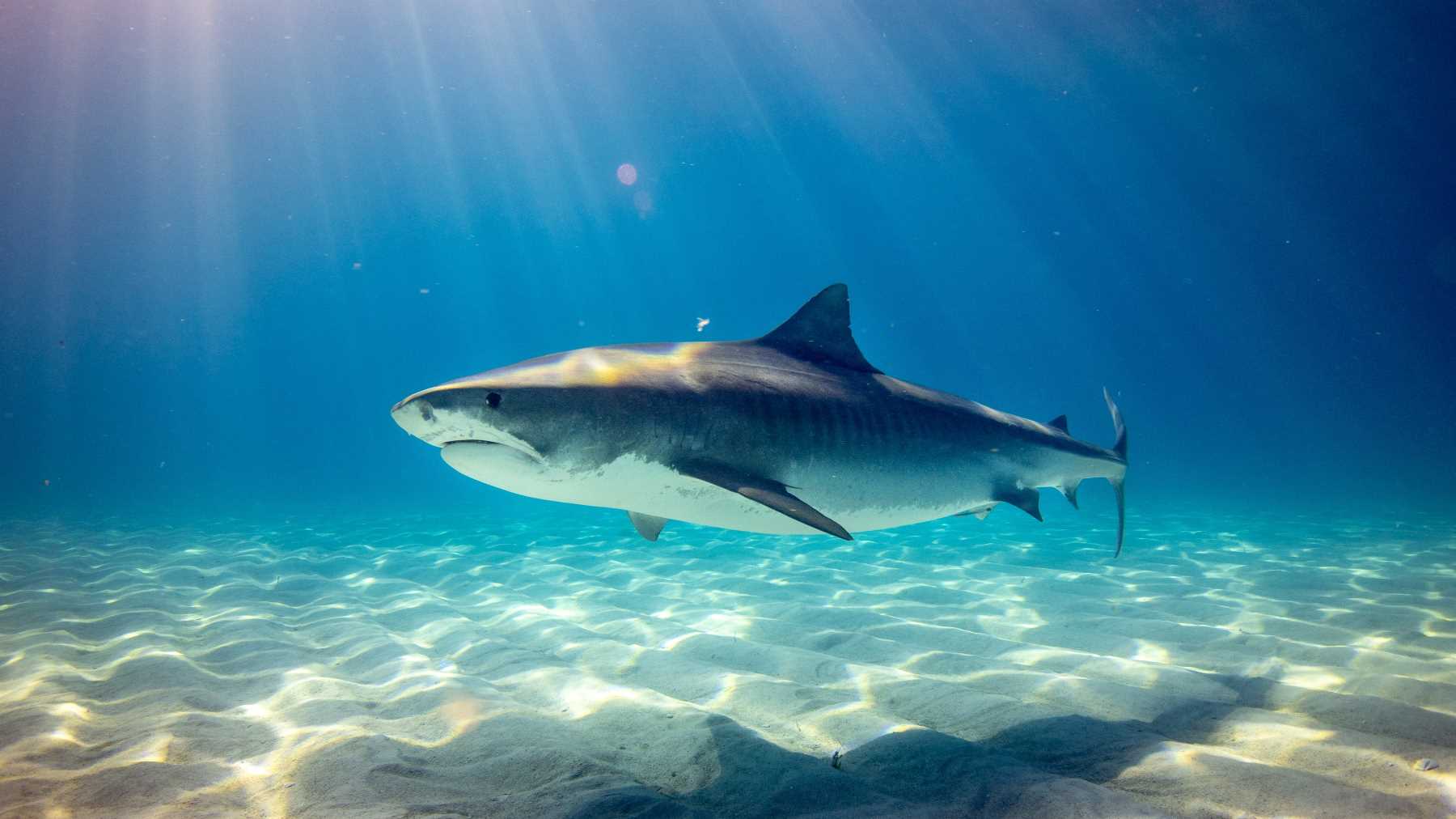RIO DE JANEIRO, BRAZIL – Shark Allies, an organization dedicated to the conservation of sharks, said that up to three million specimens are caught every year simply to extract squalene used in some vaccines. It is estimated that around half a million specimens would be required to obtain a sufficient quantity to produce the necessary vaccines that would allow immunizing the planet’s entire population with two doses.

Squalene is an organic substance extracted from shark liver oil; it is used as an adjuvant or supplement to enhance the body’s immune reaction. In this context, and since its use for the production of some of the vaccines being tested to fight COVID-19 was made public, the activists called for the development of alternative production methods to replace shark squalene with products that can be produced from other sources, such as sugar cane or olives.
In an official statement, Stefanie Brendl, founder of Shark Allies, said that the protection of sharks is not being prioritized over the pandemic: “We are by no means prioritizing sharks over human health, but we simply have to ask ourselves why more sustainable sources of squalene are not being considered as an option.”
Flotation Index
In many shark species, between 50 and 80 percent of their liver weight is squalene. This would allow about 300 grams of that substance to be obtained from a single specimen. This is enough for approximately 30,000 vaccine doses.
This constituent of the animal’s liver helps it control its buoyancy. Companies that look for them do so in deep waters because a higher concentration of squalene is obtained from the sharks found in these waters. Shark Allies has identified over 50 species in this area that are perfect targets because of the value of their livers. All of them vulnerable or in danger of extinction according to the published count conducted by the International Union for the Conservation of Nature.
According to figures provided by these organizations, prior to the pandemic, approximately three million sharks were caught per year, with the sole purpose of using their livers. Shark Allies estimates that at least half a million more catches will be required to meet the needs of the health industry with respect to the demand generated by COVID-19.
The count has been based on the estimate that each person will be required to take at least two doses of the future vaccine, which will contain shark-based squalene as an adjuvant. However, it is true that the vaccine package leaflets officially listed by the World Health Organization containing this type of immune-boosting substance are exceptional. This would imply that the estimates, in the event that these drugs will be the ones effectively used in the future, the number of animals needed would be significantly lower.
Doing better
Among the list published by the W.H.O. on the vaccines under clinical evaluation, the one led by the GSK company is one of the few to use shark liver squalene as an adjuvant for a potential vaccine. Following the statements of animal activists, the company officially stated that “the amount of squalene that will be required to manufacture the projected one billion doses of its adjuvant solution represents a very small proportion of the animal squalene used worldwide; the vast majority of the squalene produced is used by other industries, including cosmetics,” an issue that is consistent with Shark Allies’ statement. However, Brendl said that sheltering behind being the lesser evil is not a desirable solution, “especially when it is possible to change what is under our control.”
A study by BLOOM, a nonprofit organization that focuses on raising environmental concerns surrounding marine life, confirms this. In its document, it points out that nearly 90 percent of the world’s production of shark liver oil is destined for the cosmetics industry. Beauty products usually apply this substance to obtain an anti-inflammatory benefit for the skin that, in turn, reduces redness or rosacea.
According to the World Health Organization, squalene does not act as an adjuvant by itself, but its addition to surfactant substances improves the immune response to antigens. The MF59, a patented adjuvant containing squalene, is included in a seasonal flu vaccine authorized for commercialization by the Italian regulatory agency in 1997 and later by several other countries. The vaccine contains approximately 10 mg of squalene per dose. Since that date, over 22 million doses have been distributed.
In parallel, some cosmetic companies that make use of this product obtain it with the fermentation of sugar cane. One of them is Amyris, a pioneer in synthetic biotechnology, a company that is currently providing samples to pharmaceutical companies of a sustainable and scalable alternative to the shark-based vaccine adjuvants used today in several vaccines, including those targeting influenza and COVID-19. The company expects to be able to market and produce its alternative squalene for adjuvants by the end of the year.
“Our patented technology and manufacturing processes have already produced a number of applications for, among other things, creating a scalable treatment for malaria and a variety of clean, sustainably sourced products and ingredients that are better for people and our planet,” said John Melo, president and CEO of Amyris.
Source: infobae

